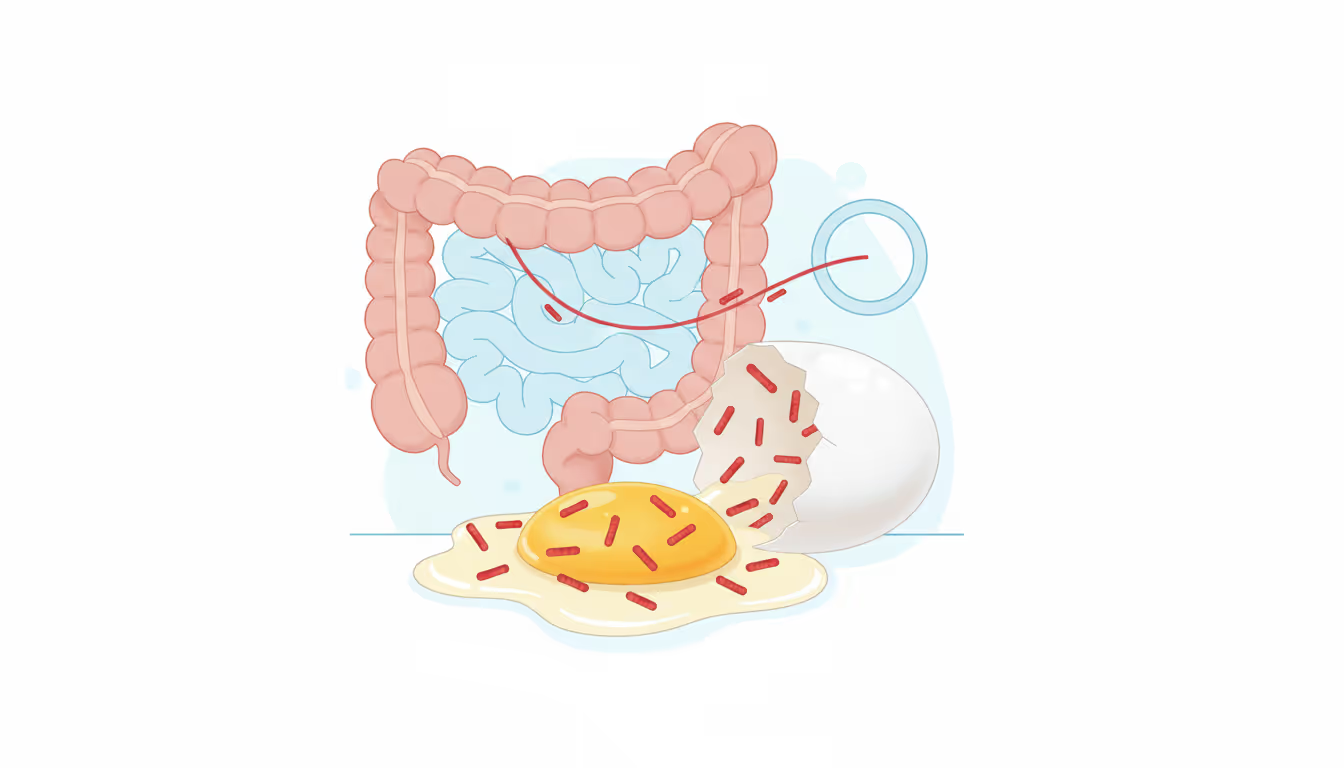
Uncooked, unpasteurized eggs, often referred to as raw eggs, can carry Salmonella enteritidis, a dangerous bacterium. This bacterium can be transferred from infected hens directly into the eggs before their shells are formed. Even eggs with spotless, intact shells are not immune to infection. The Centers for Disease Control and Prevention (CDC) estimates that one in every 20,000 eggs might be contaminated. Despite the relatively low number of affected eggs, there have been numerous cases of foodborne illnesses linked to these infected eggs.Individuals who contract Salmonella enteritidis typically experience symptoms such as fever, abdominal cramps, and diarrhea within 12 to 72 hours after consuming the contaminated eggs. The illness generally persists for four to seven days. While most people recover completely, some may require hospitalization due to severe diarrhea. The elderly, infants, and individuals with weakened immune systems can suffer more severe symptoms. In these cases, the infection might spread from the intestines into the bloodstream and other parts of the body, potentially resulting in death if not treated promptly with antibiotics.Thorough cooking of eggs destroys Salmonella. However, many dishes prepared in restaurants or large-scale kitchens use pooled eggs. If 500 eggs are pooled, there's a chance that one in 20 batches could be contaminated, putting everyone who consumes eggs from that batch at risk.The safest way to store shell eggs is in the refrigerator, cooking them individually and thoroughly, and consuming them immediately. The more Salmonella present in an egg, the higher the risk of illness. Refrigeration helps prevent the bacteria from multiplying, so eggs should remain chilled until needed.Cooking significantly reduces the bacteria in eggs. Outbreaks of Salmonella enteritidis have been linked to undercooked egg whites and yolks, which should be consumed immediately and not left at temperatures between 40 and 140 degrees Fahrenheit for more than two hours, according to the CDC.The CDC also advises discarding eggs that are cracked or dirty, washing hands and utensils with soap and water after contact with raw eggs, avoiding the consumption of raw eggs in homemade dishes like ice cream or eggnog, and steering clear of restaurant dishes prepared with raw or undercooked unpasteurized eggs. It may not always be easy to determine whether a restaurant uses raw eggs.




